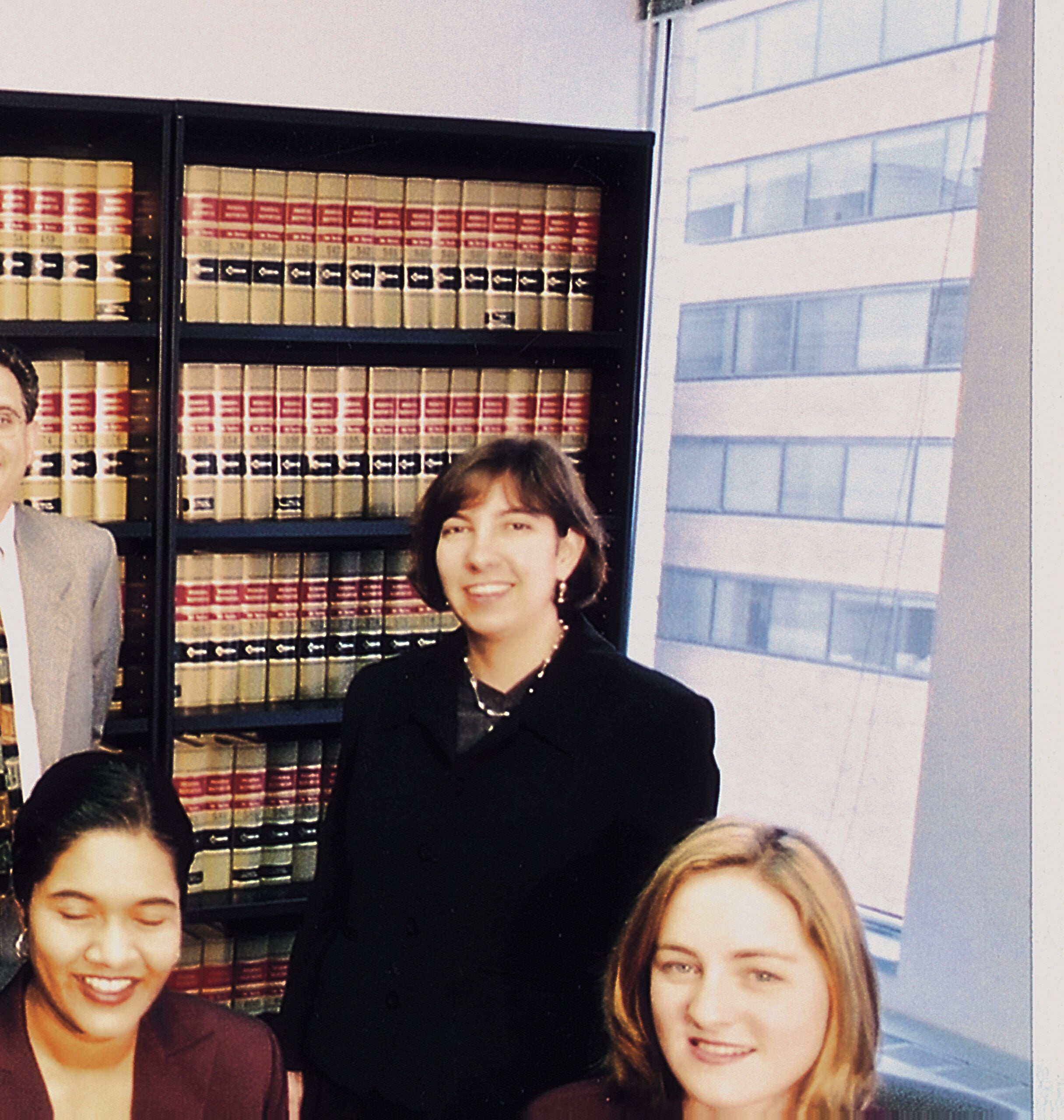In 1998 Pamela Coukos ’94 became an associate at a firm that barely existed. When she interviewed, there were no offices, no employment policies, and no promises–just the lure of exciting cases that might make a difference.
Coukos saw potential in the chaos and was drawn to founding partner Cyrus Mehri’s “vision of doing public interest-oriented work in the private sector.” Mehri had negotiated a settlement with Texaco in a race-discrimination class action. Coukos, the first attorney hired at what was to become Mehri, Malkin & Ross, began work almost immediately on a similar legal action by black employees of Coca-Cola who claimed they had been discriminated against in hiring and promotion.
In November of last year, Coca-Cola agreed to a $192.5 million settlement, the largest to date in a U.S. race-discrimination case. The company also agreed to an independent task force to monitor its progress. Civil rights activists praised the settlement, and Mehri and Coukos were named by the Trial Lawyers for Public Justice as finalists for its litigation award.
Coukos interviewed Coca-Cola employees, wrote the class action complaint, and worked on the back-pay arbitration. She also helped draft the settlement in an intense negotiation process. “You suddenly had the challenge of trying to reach agreement after having been in opposition for so long,” she said. “But you also had much more freedom to come up with creative solutions.”
Early in her career Coukos was staff attorney at the National Organization for Women’s Legal Defense and Education Fund. She served as cocounsel in one of the first cases filed under the civil rights provision of a 1994 Violence Against Women Act, which allowed suits to be brought against rapists or batterers for gender discrimination. Coukos helped to defend the constitutional viability of the statute at the trial court and appeals court levels, although the Supreme Court, in what she called “another one of the 5-4 federalism-oriented rulings,” found it unconstitutional.
While at NOW, Coukos also helped shape a bill presently before Congress that would increase federal protection for hate crimes, adding coverage for gender, sexual orientation, and disability.
Whether she works at a political action organization or a private firm, Coukos says a justice-oriented cause continues to make being a lawyer worthwhile. She sees helping people obtain fair access to employment as especially important, although she has never experienced employment discrimination and has, in fact, enjoyed extraordinary professional opportunities. Yet she finds that being a woman in the legal profession–particularly in the male-dominated world of class action litigation–gives her a different perspective.
That perspective emerged when Coukos was a law student. Although she feels HLS provided her with a first-rate legal education and has opened many doors, she struggled with some teaching methods that were “too hierarchical and too confrontational.” Coukos felt a new pride in HLS when the School hired Lani Guinier, who became the first tenured woman of color in 1998. Guinier’s book Becoming Gentlemenexplores the way current approaches to legal education can marginalize women and minorities, and Coukos hopes Guinier influences today’s students as well as tomorrow’s workplaces.
